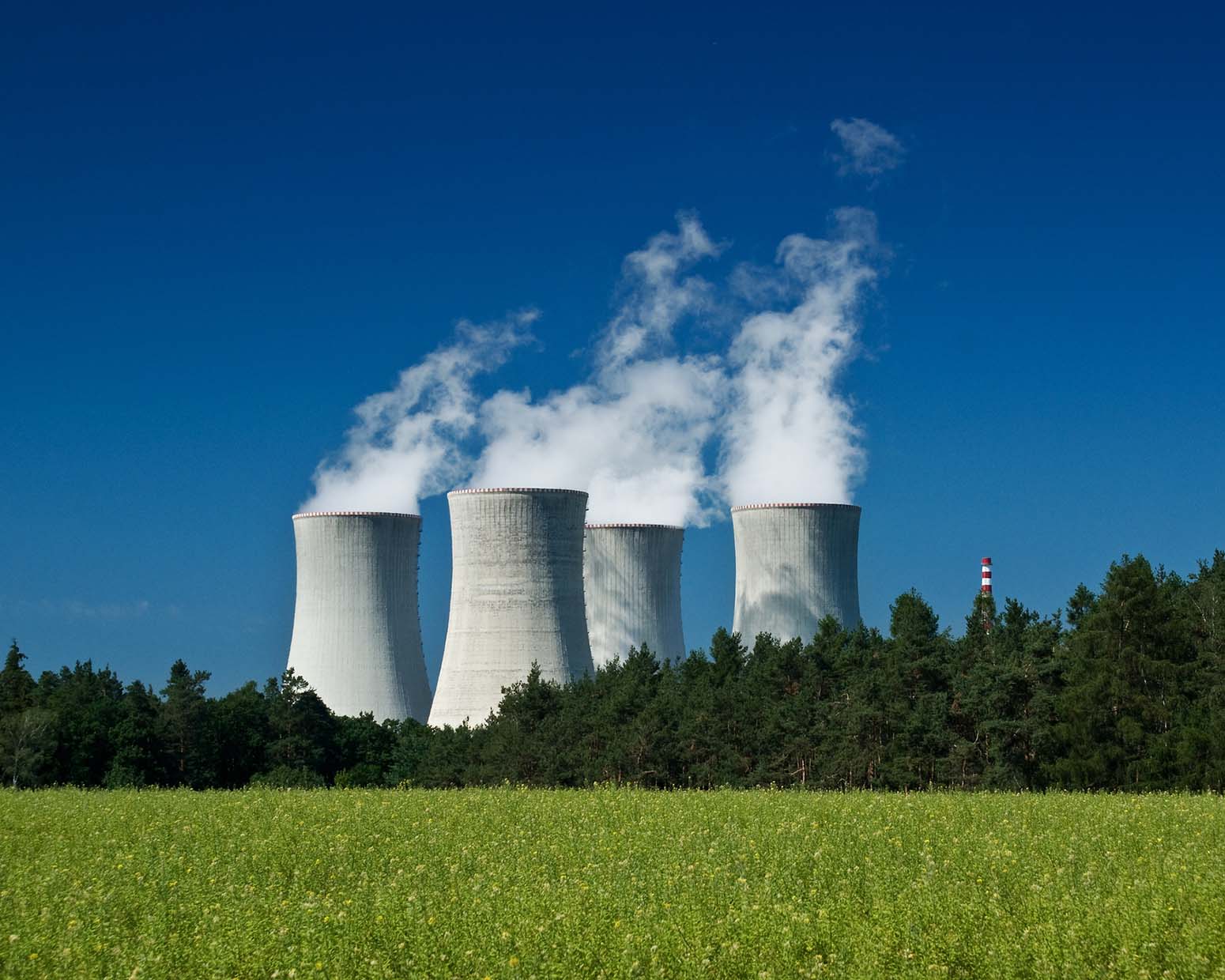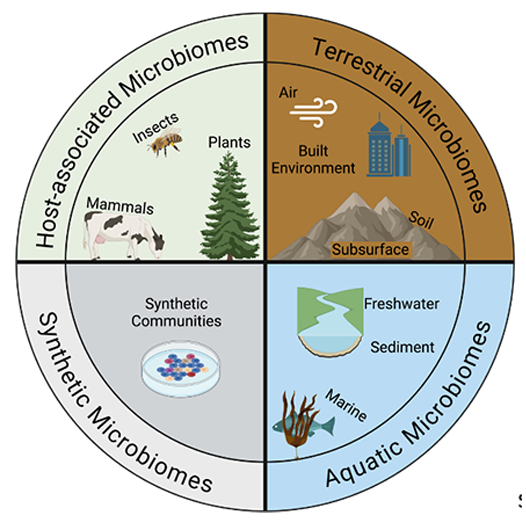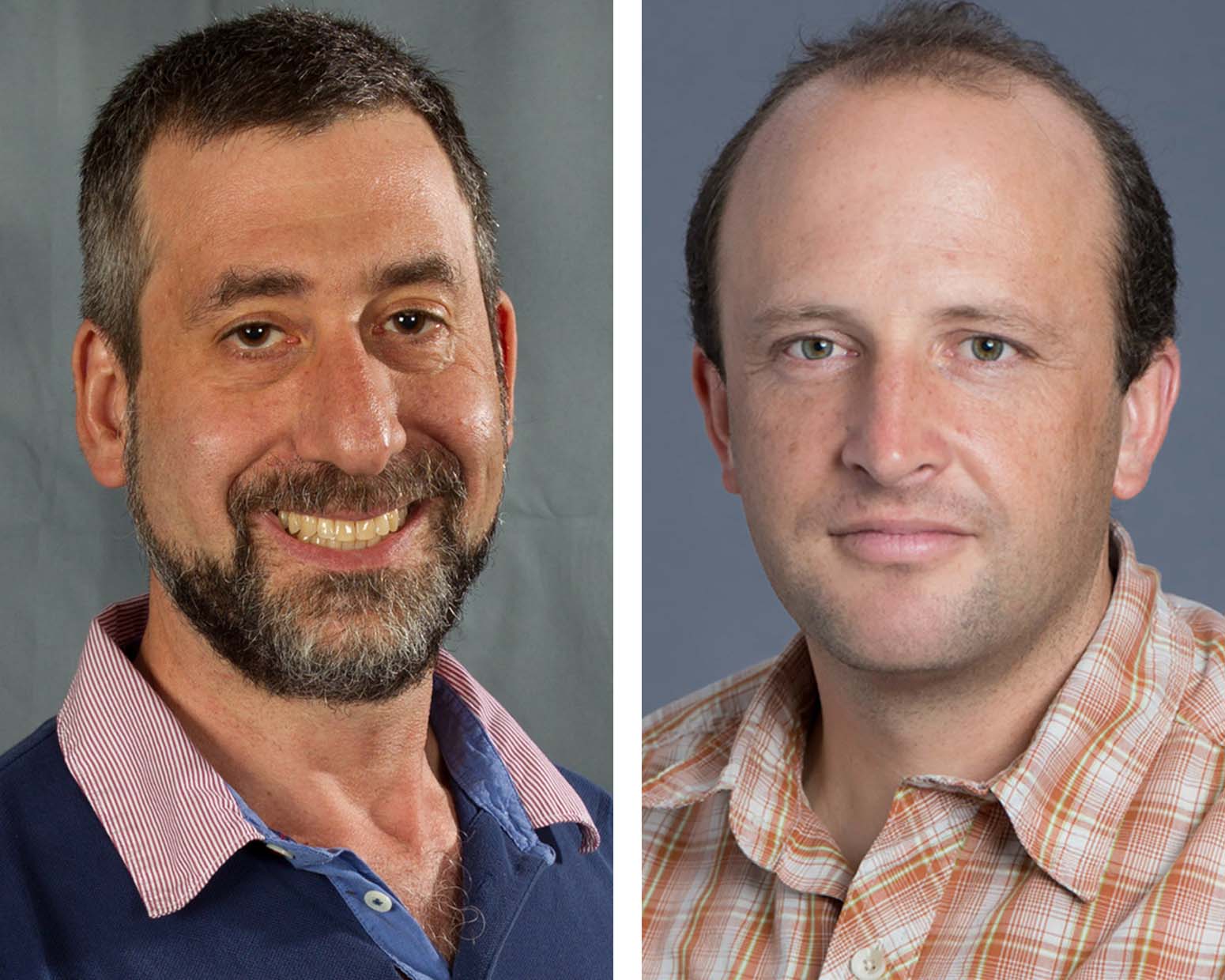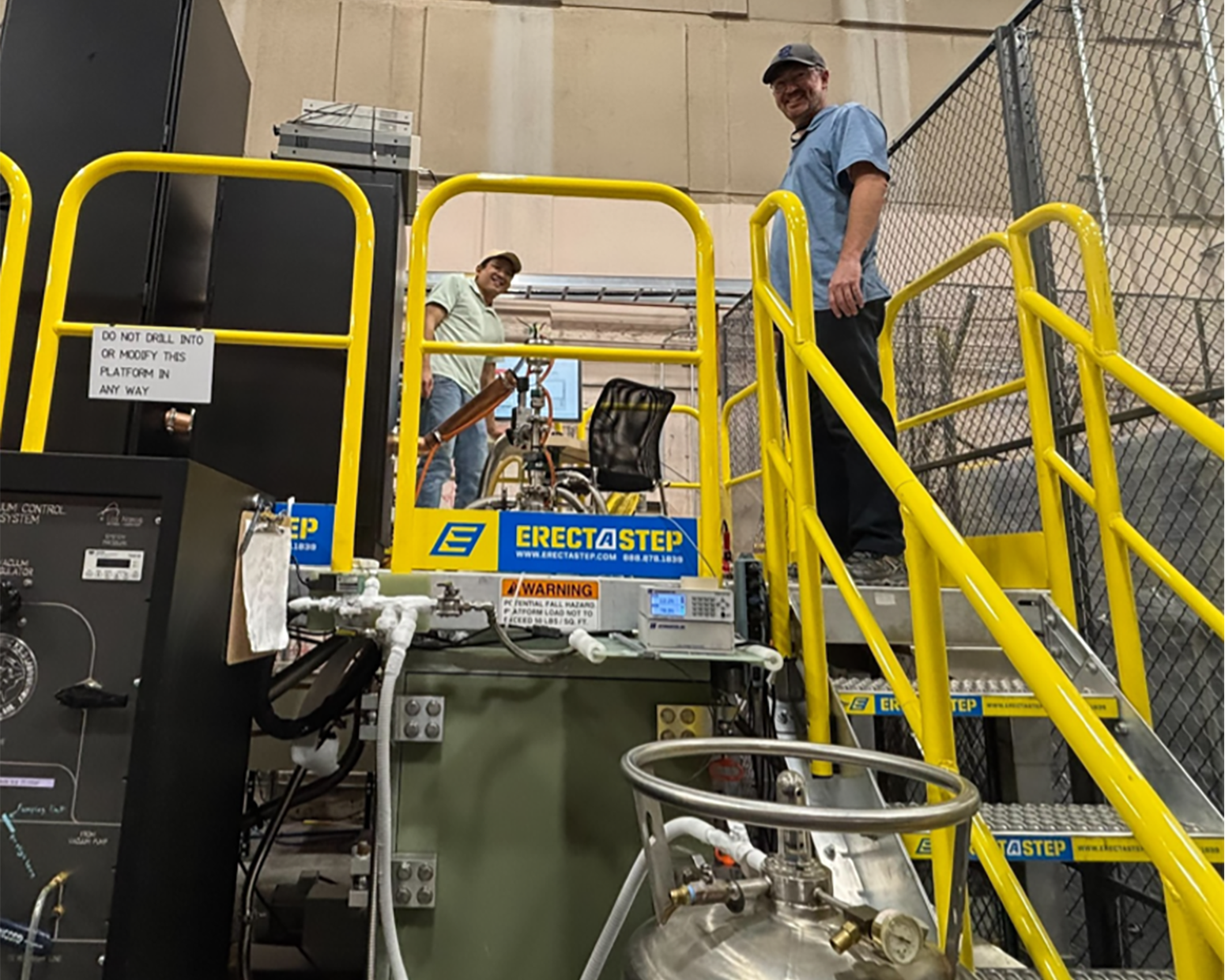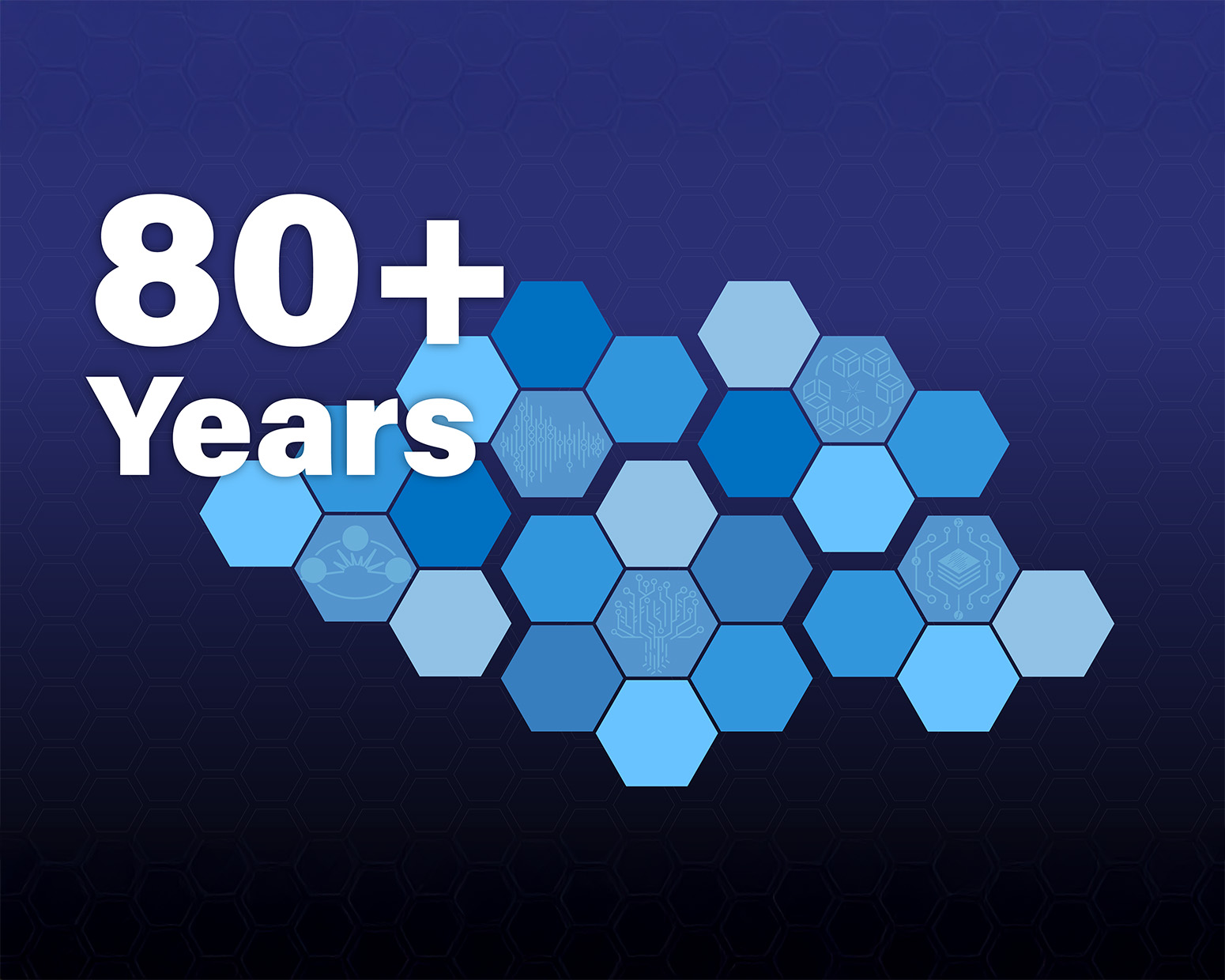Yang elected fellow of the Royal Society of Chemistry
Tackles heavy element chemistry with innovative methods
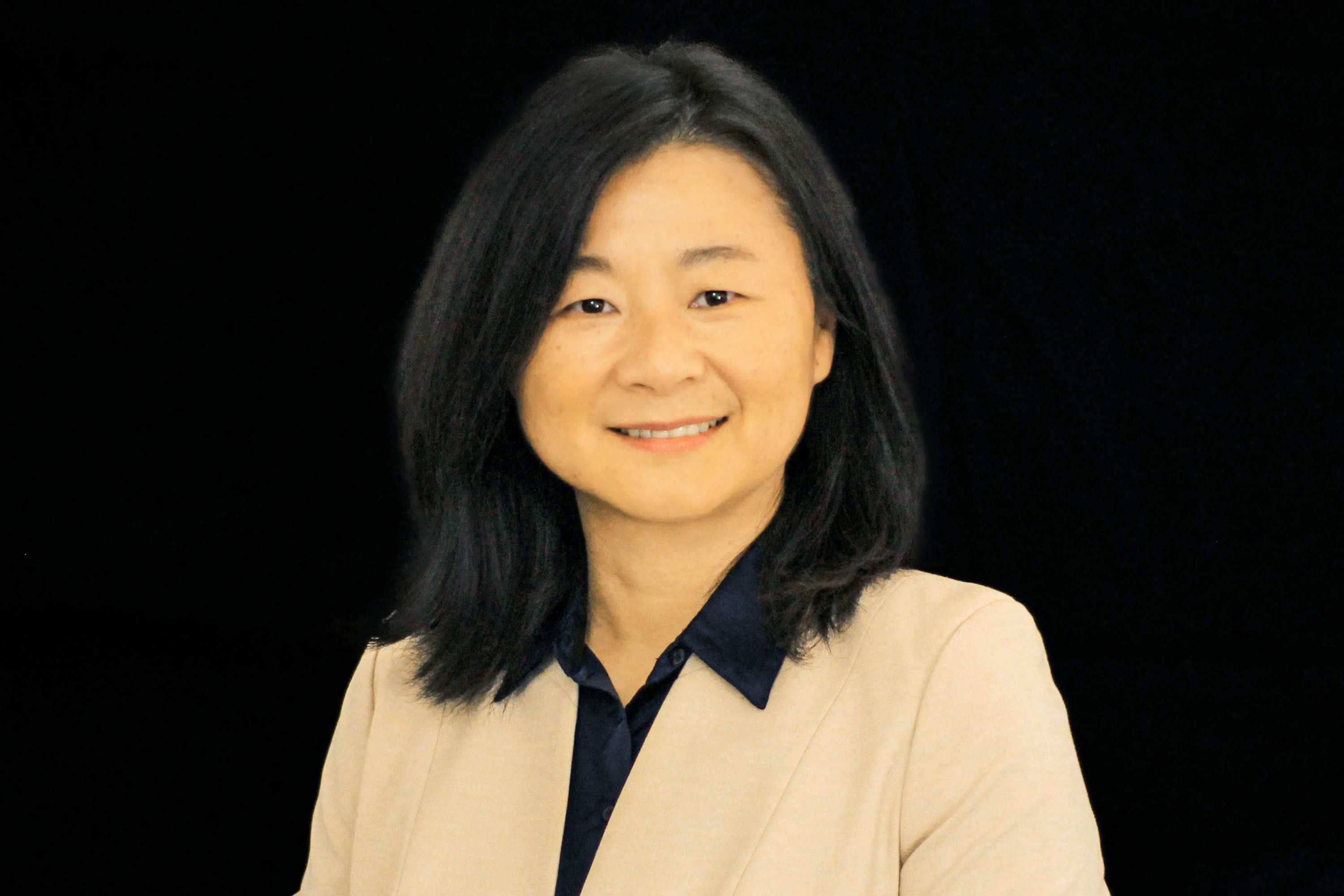
Theoretical scientist Ping Yang was admitted as a fellow to the Royal Society of Chemistry in the United Kingdom for her years of experience in a senior position and significant contributions to the chemical sciences. She works in Los Alamos National Laboratory’s Physics and Chemistry of Materials group, which performs theoretical research in atoms, molecules, solids, liquids, gases and plasmas.
What she did: Yang was recognized for her longstanding contributions in heavy element chemistry and separation sciences.
- Her research has deepened scientific understanding of the unique chemical bonding, electronic structures and dynamic behaviors of f-element systems (radioactive elements and lanthanides at the bottom of the periodic table).
- She pioneered the use of autonomous discovery in f-block chelation chemistry (for cancer therapy), expanding possibilities for actinide separation and chemical innovation.
High points of Yang’s career:
- Serves as deputy director of the Lab’s Glenn T. Seaborg Institute for Transactinium Science, which integrates research programs on the chemical, physical, nuclear, biological and metallurgical behaviors of lighter actinide elements, with a special emphasis on plutonium.
- Published more than 160 peer-reviewed articles in leading journals such as Nature, Journal of American the Chemistry Society, and Nature Communications.
- Delivered more than 100 invited presentations internationally.
- Supervised and mentored more than 60 postdoctoral researchers and graduate students.
- Holds a doctorate in chemistry from Michigan Technological University.
LA-UR-25-30295
